Asthma, a chronic condition without a recognised cure, has long been managed using various medications targeting airway inflammation and muscle spasm. In recent years, herbal remedies have gained traction as complementary therapies for asthma, drawing from traditional medicine practices worldwide.
Despite their popularity, comprehensive research on their effectiveness and side effects has been limited. However, a recent systematic review and meta-analysis, registered in the International Prospective Register of Systematic Reviews (PROSPERO) and following the Preferred Reporting Items for Systematic Reviews and Meta-Analyses (PRISMA) guidelines, sheds new light on the potential of herbal medicines in asthma management.
Search Strategy
The study conducted a thorough search across multiple databases, including Medline, Cochrane Library, EMBASE, Web of Science, and Scopus, up to December 2021. Only randomised controlled trials (RCTs) in English were considered, focusing on orally-administered herbal preparations for asthma. The selected RCTs compared herbal medicines as add-on therapy to standard treatments against standard treatments alone or with a placebo. After meticulous screening, 23 RCTs involving 2,584 participants met the inclusion criteria.
Selection Criteria
The meta-analysis revealed promising results: herbal medicines significantly improved respiratory function tests, particularly the percent-predicted forced expiratory volume in one second (FEV1), compared to standard treatments. The improvement was more pronounced in adults than in children. The findings support the use of herbal remedies as complementary therapies for asthma, especially in mild to moderate cases.
Herbal Interventions
The herbal interventions used in the studies encompassed a variety of botanicals from Persian, Chinese, Ayurvedic, European, and South American traditions. These included single-plant interventions as well as multi-herbal formulations, each with its unique mix of active compounds. Notable herbal remedies included Nigella sativa (Black seed), Crocus sativus (Saffron), Zingiber officinalis (Ginger), Passiflora edulis (Passion fruit), Sophora flavescens (Ku Shen), Curcuma longa (Turmeric) and Viola odorata (Violet), among others.
Research Limitations and Promising Candidates
Additionally, it's worth noting that certain herbal remedies with promising potential, such as Funtumia elastica, were not included in the study. Despite its anecdotal efficacy and preliminary scientific research, including studies conducted by Mark Jutila et al., there are currently no randomised controlled trials assessing its effectiveness in asthma management. Funtumia elastica, has garnered attention for its anti-inflammatory and bronchodilatory properties, making it a promising candidate for further investigation in asthma treatment. The absence of such studies highlights the need for future research to explore the therapeutic benefits of this and other herbal remedies, potentially expanding the arsenal of treatments available for asthma patients.
Conclusion
In conclusion, this comprehensive review provides compelling evidence for the effectiveness of herbal medicines in improving lung function in asthma patients. With further research and validation, herbal remedies could emerge as valuable additions or even alternatives to standard asthma treatment regimens, offering relief and improved quality of life for millions of asthma sufferers worldwide.


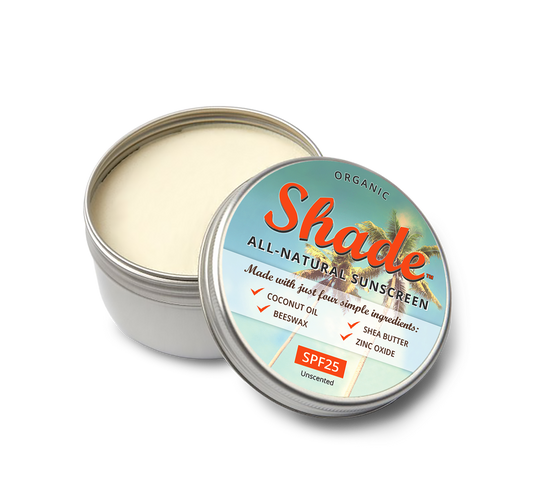
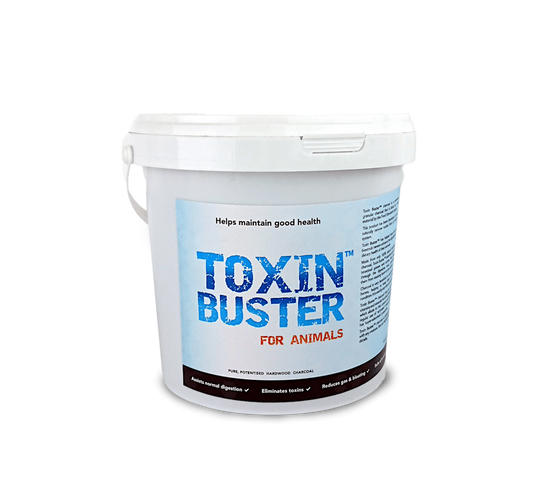



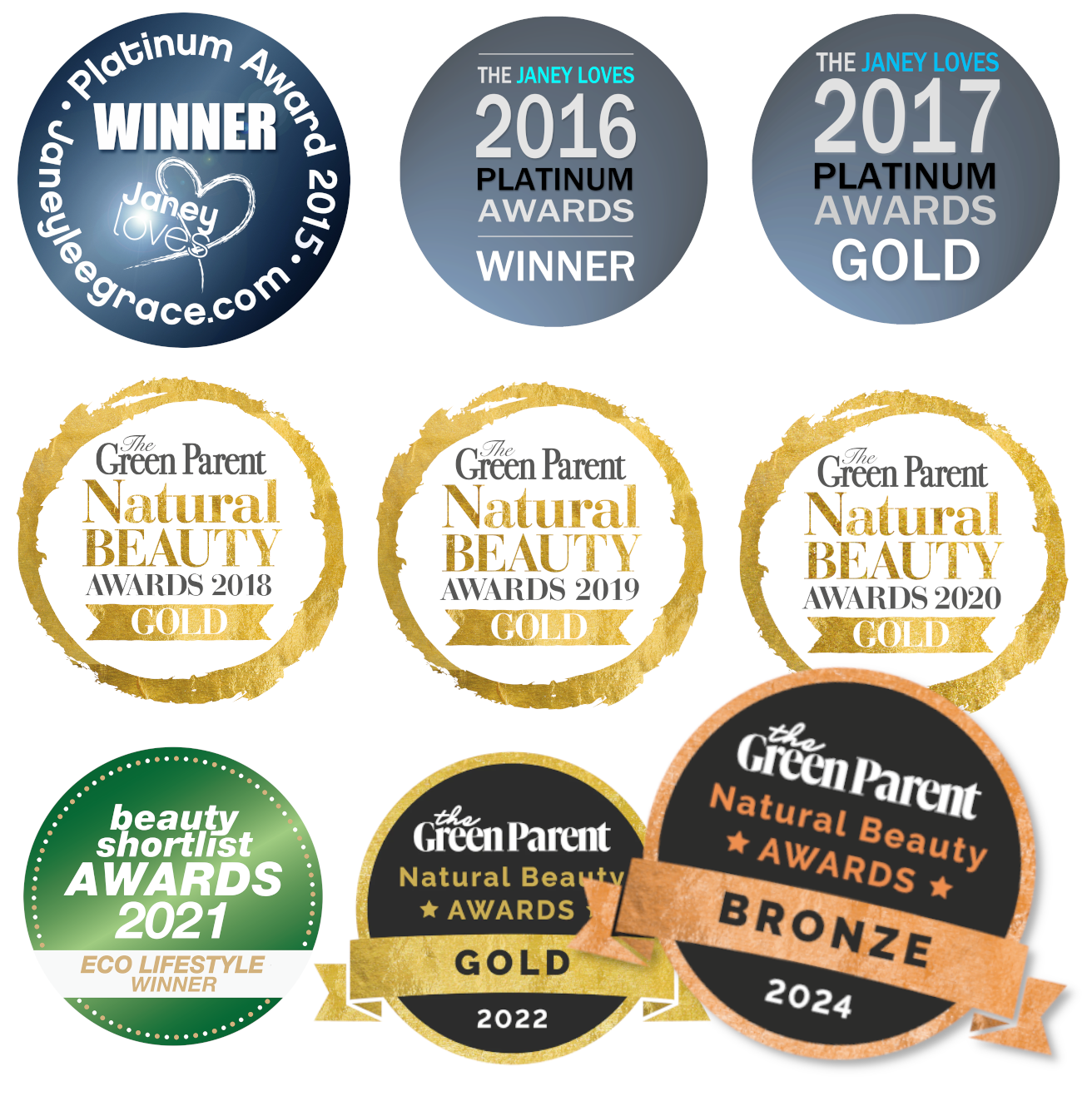
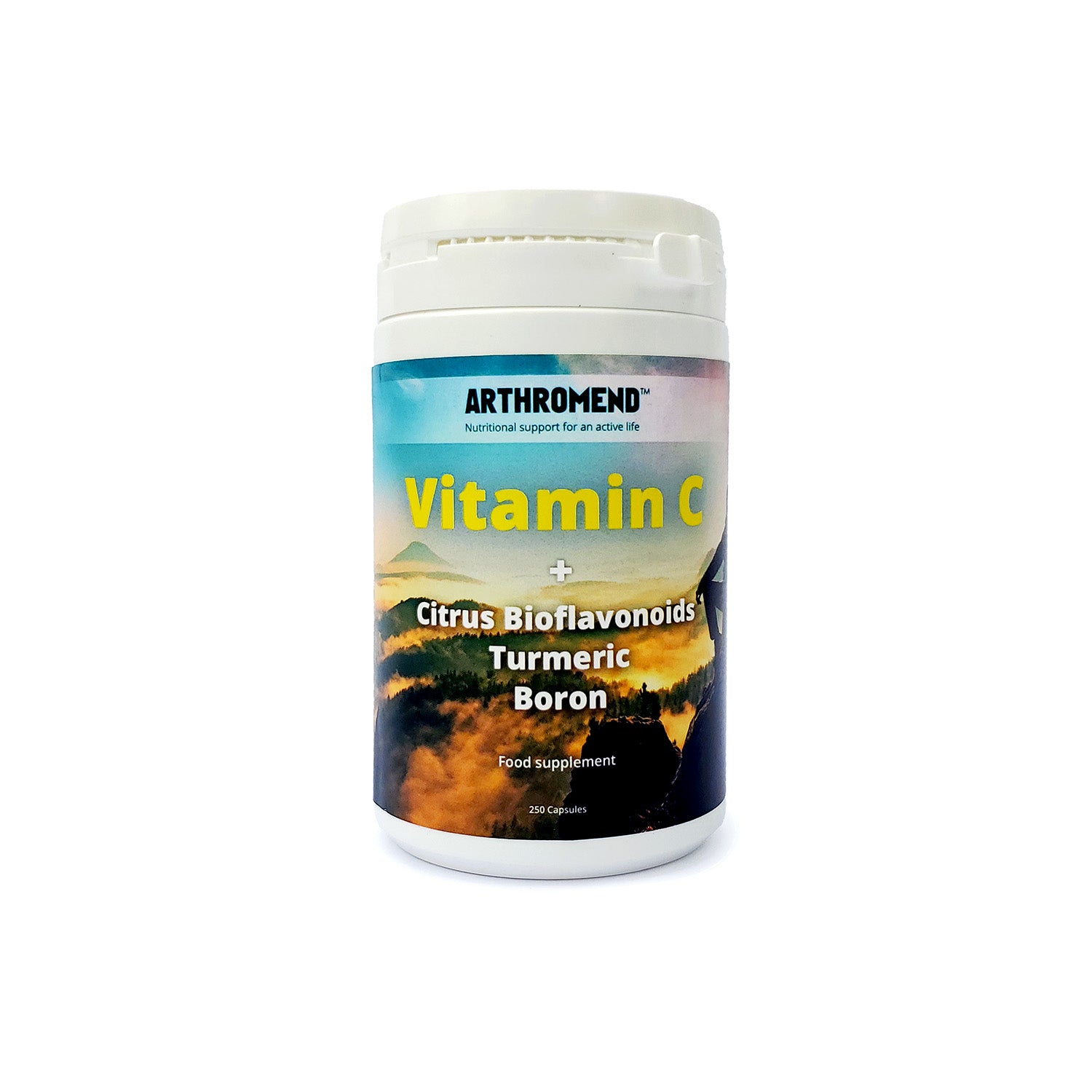
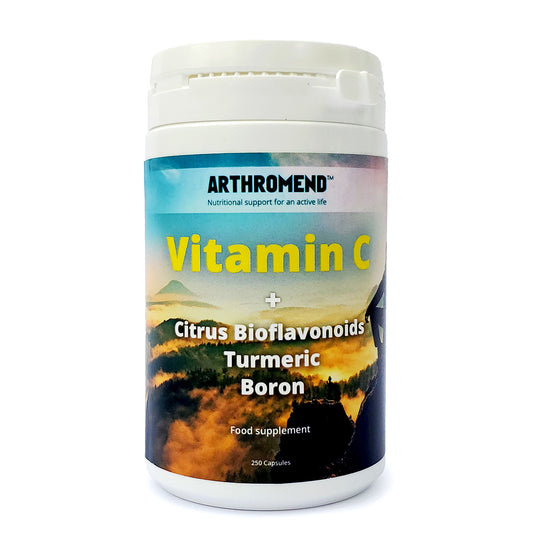
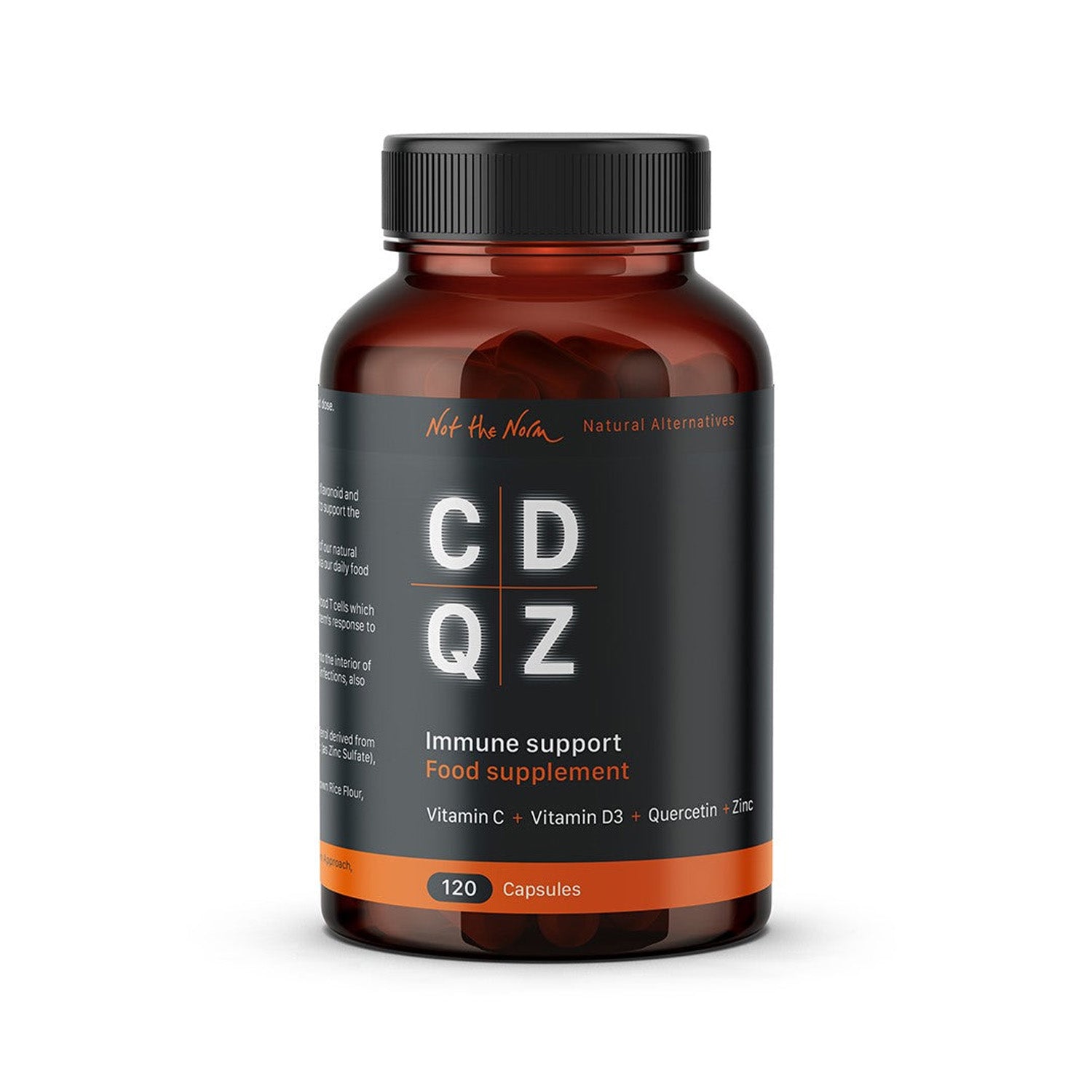

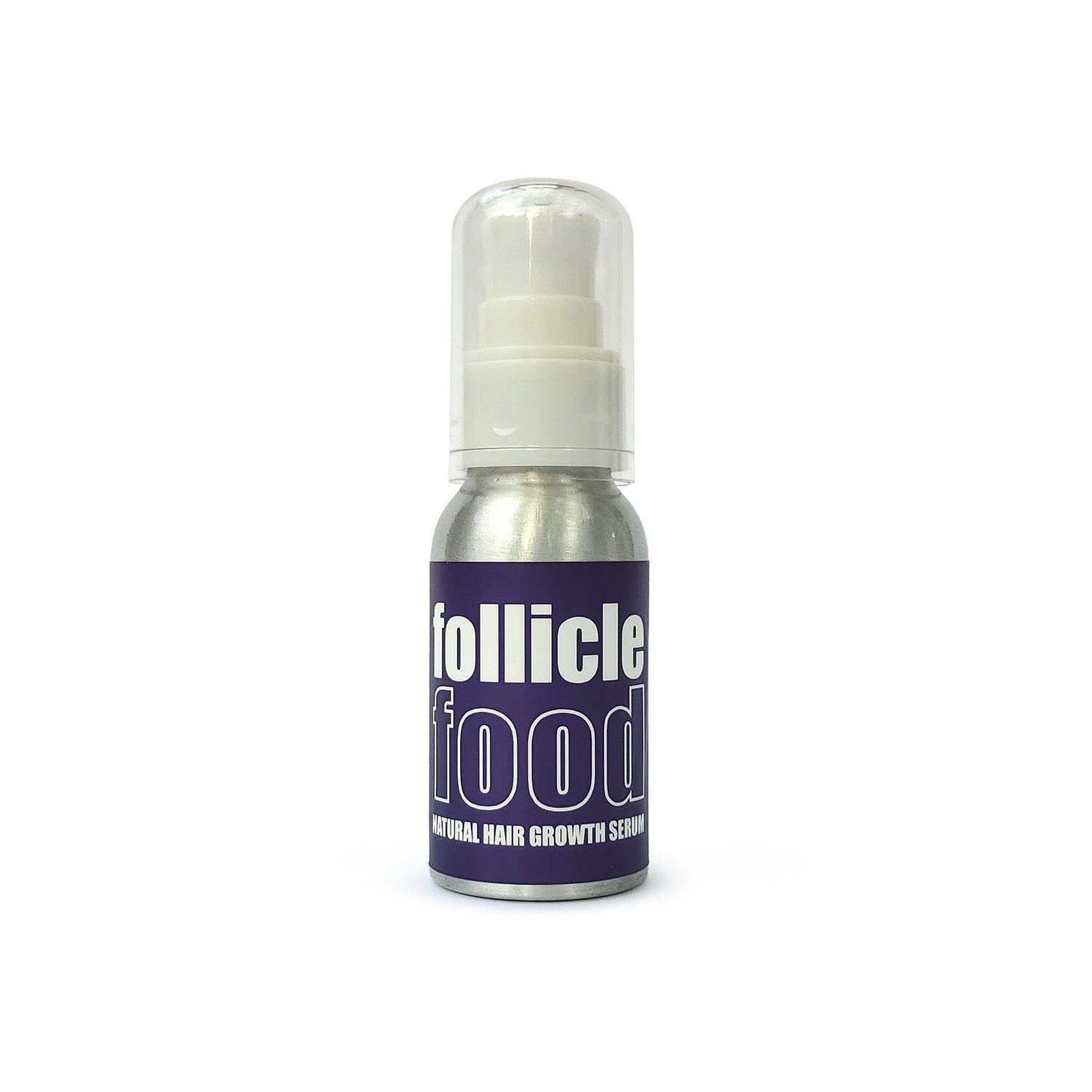
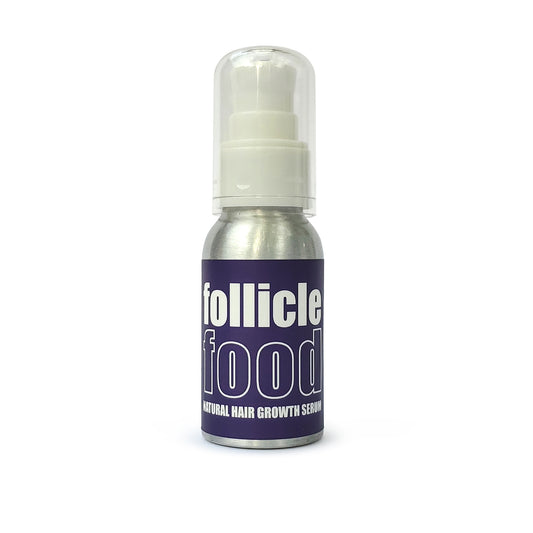
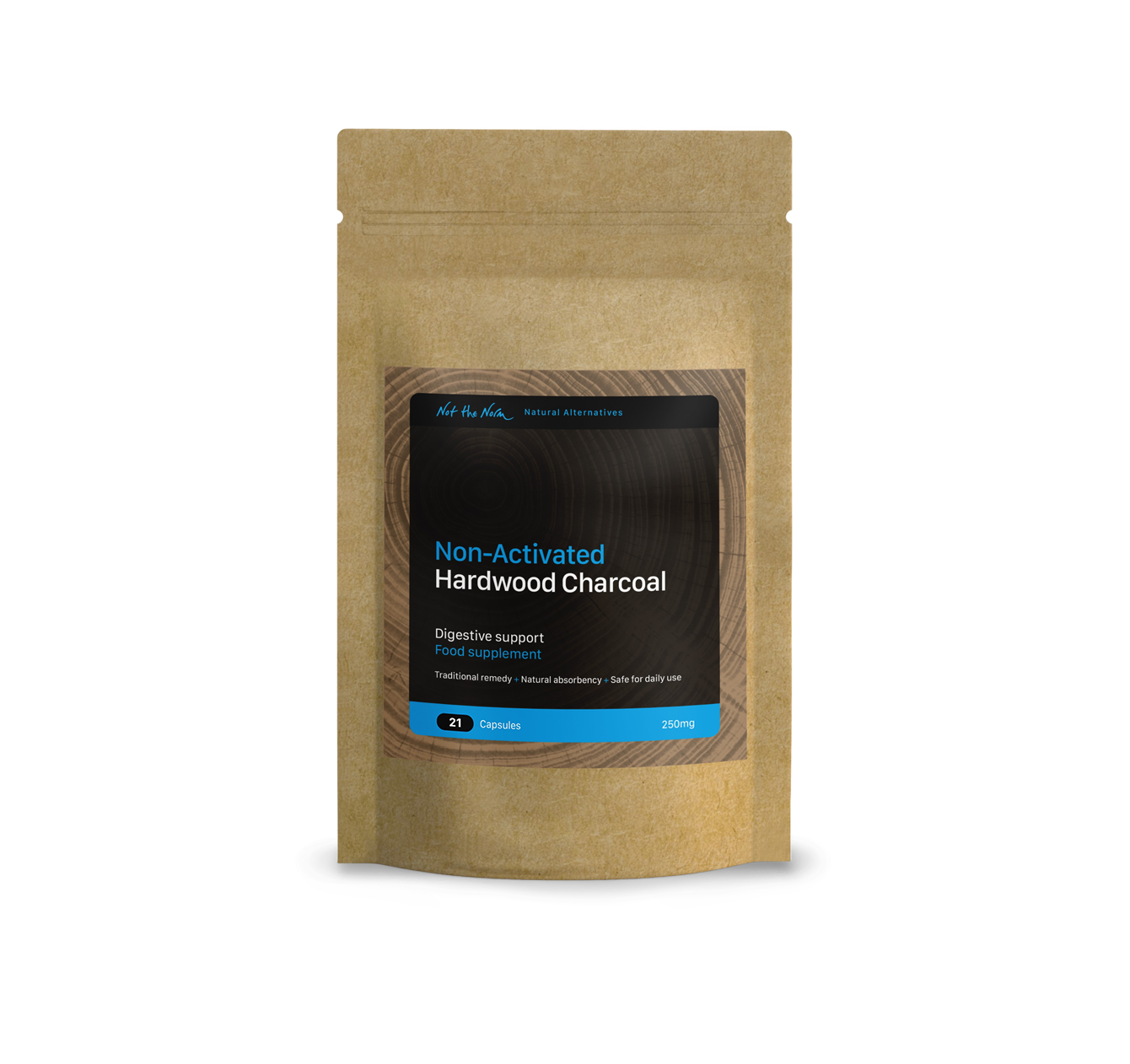
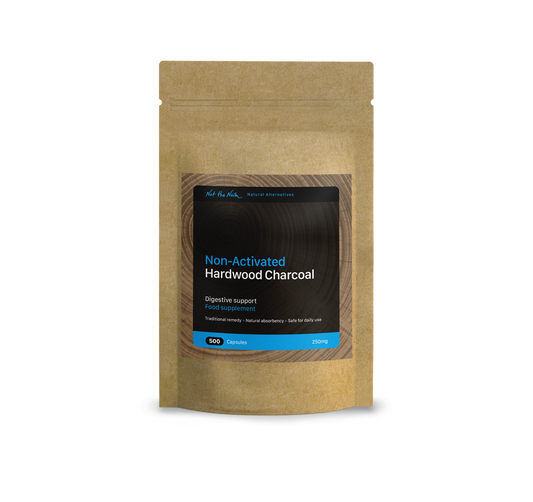



1 comment
This is very interesting. I’d like to be kept informed of any further information on this please.